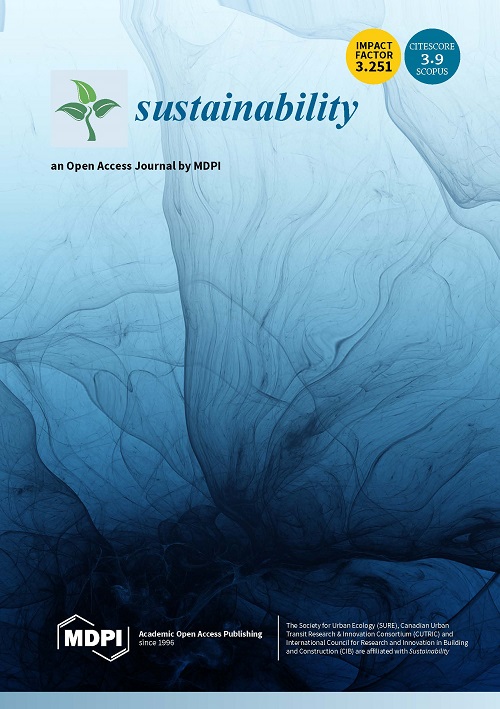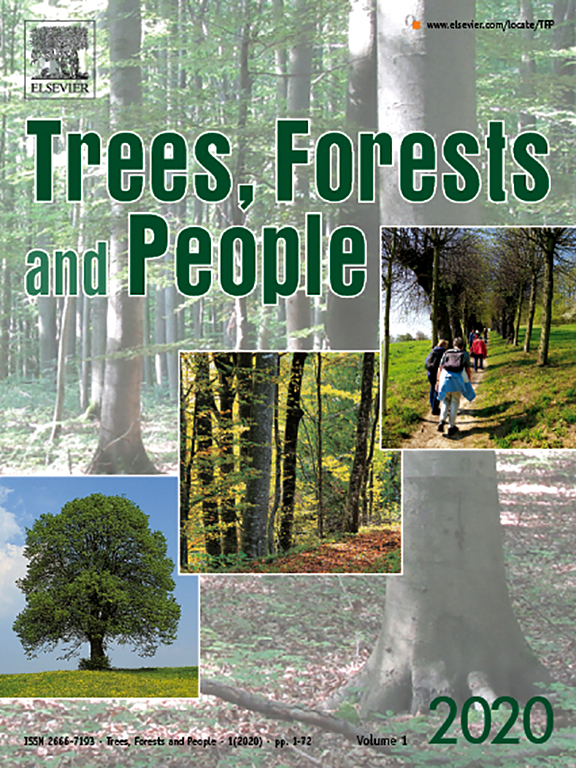Local knowledge and active participation in research is increasingly encouraged, not the least for identifying sustainable adaptation options. However, despite that participatory mapping has advanced from sketches to informing digitalised maps since the 1990s this type of local knowledge is rarely included in agroecological zones (AEZ) mapping. For a new project on climate-smart agriculture and forestry local knowledge was incorporated to characterise agroecological zones in Huong Lien commune, Ha Tinh province, northcentral Viet Nam. The purpose was to determine adaptation options associated with particular agroecological zones. A GIS spatial database with land use, topography, NDVI was generated to derive an agroecological zones map and ground-truthed with the participation of local villagers through transect walks and SWOT analyses by land use type. The study shows that local participation is vital for ground-truthing maps, to fill in gaps when time series data is available and for marking out natural hazard areas. In this particular case, local perceptions of strengths and potential adaptation options associated with particular agroecozones was useful for revealing adaptation gaps. The classification rules for the AEZ need careful consideration, especially when the mapped areas are small, to make the maps useful beyond the study area. This may require more careful transect walks to identify nuances in forest quality for determining forest management. Methodology for inclusive local knowledge needs to be further developed. http://www.worldagroforestry.org/regions/southeast_asia/publications
DOI:
https://doi.org/10.5716/ WP15050.PDF
Altmetric score:
Dimensions Citation Count:
























